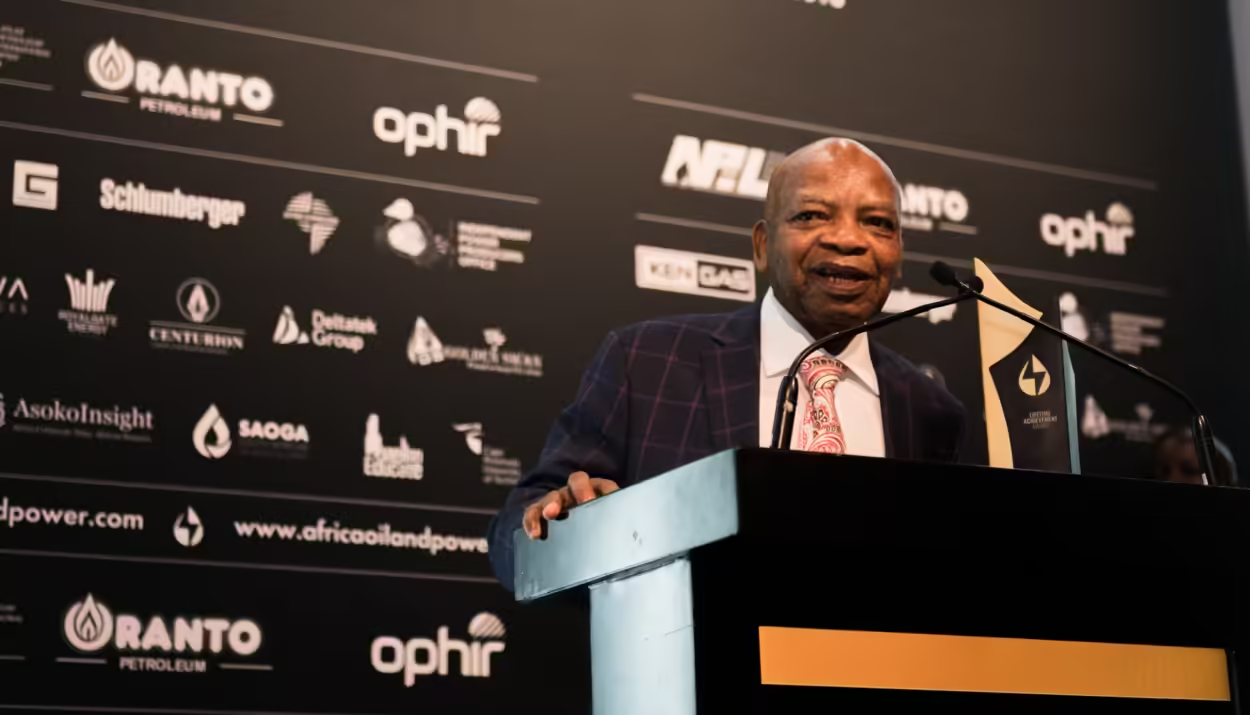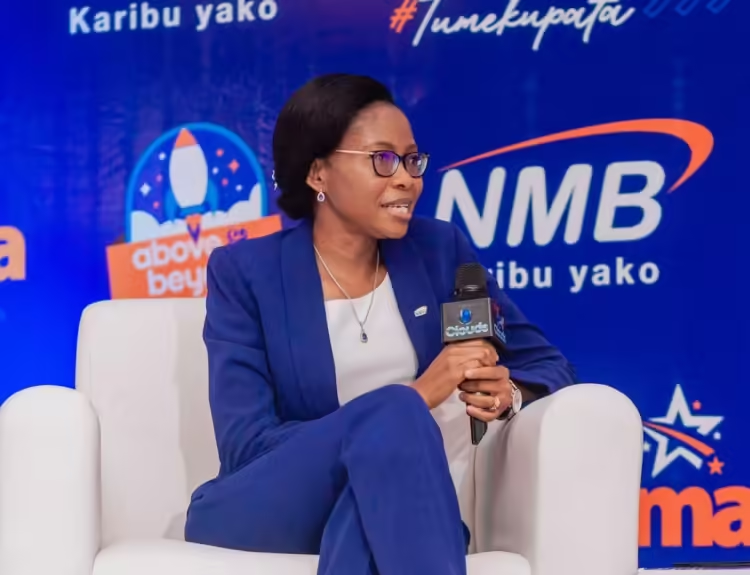Prince Arthur Eze doesn’t run a publicly listed company. He doesn’t speak at global summits. And his office doesn’t issue press releases. But when it comes to oil deals in West Africa, few Nigerians command more influence-or inspire more curiosity—than the 76-year-old businessman from Ukpo, a small town in southeastern Nigeria.
The founder of Atlas Oranto Petroleum has quietly amassed one of the continent’s largest portfolios of oil exploration blocks held by a private individual. His footprint spans more than a dozen countries, from Nigeria and Ghana to Equatorial Guinea and South Sudan. That reach is remarkable not just for its scale, but for how it was constructed: through personal diplomacy, political maneuvering, and a willingness to go where multinational oil companies wouldn’t.
Contents
A different kind of tycoon
Born into traditional royalty in Anambra State, Eze is commonly referred to as “Prince,” a title he seldom invokes in professional settings but never entirely leaves behind. His approach to business has never mirrored that of Nigeria’s newer class of entrepreneurs. While others seek publicity and prestige on the global stage, Eze prefers closed-door meetings, enduring alliances, and perfectly timed interventions.
Throughout successive administrations—under Goodluck Jonathan, Muhammadu Buhari, and now Bola Tinubu—he has remained close to the corridors of power. Not always in an official capacity, but almost always present when decisions are made. His influence stretches from funding political campaigns to underwriting social gestures, such as paying hospital bills for senior officials or donating substantial sums to state-led initiatives. These acts are rarely seen as mere philanthropy—they are viewed as strategic investments in long-term access.
The Atlas Oranto playbook
Founded in 1991, Atlas Oranto began as a modest player in Nigeria’s oil sector but quickly expanded across the continent. The company holds upstream assets in at least 12 African countries, making it one of the most geographically diverse privately owned oil companies on the continent.
Unlike global energy giants, Atlas Oranto operates largely outside the limelight. Production numbers are not disclosed. Offices in Lagos and Abuja maintain a low profile. The company rarely speaks to the media, and public appearances by executives are exceedingly rare. Internally, the culture is said to revolve around loyalty and discretion, with key decisions often flowing through a tight circle of confidants.
Its strategy hinges on being early. The company acquired licenses in Guinea-Bissau, Sierra Leone, and the Democratic Republic of Congo before those markets became politically stable or attractive to Western firms. The model was straightforward: secure blocks cheaply in high-risk jurisdictions, wait for the political tide to turn, and then develop or flip the assets.
This patient approach yielded results. While some blocks remained dormant for years, others were monetized through partnerships or divestments. In several countries, Atlas Oranto became the first indigenous company to sign production-sharing agreements with the state. Its reputation as a politically savvy negotiator—not necessarily a technical powerhouse—became part of its competitive edge.
Critics and concerns
Yet the company’s rise has not been without scrutiny. Its methods and access have raised questions among civil society groups and governance experts. In Nigeria, where the allocation of oil blocks has long been riddled with allegations of favoritism and opacity, Atlas Oranto has occasionally found itself in the crosshairs of controversy.
One high-profile case in 2013 involved a disputed oil deal in which Eze was named in legal filings. He denied wrongdoing and was never charged. But the episode reinforced concerns about how influence can supersede transparency in Nigeria’s oil sector.
These concerns extend beyond Nigeria. In countries with fragile governance structures, the presence of politically connected investors—regardless of nationality—often raises fears of elite capture and rent-seeking behavior. Critics argue that the proliferation of such business models ultimately undermines institutions and hinders long-term development.
At the same time, others see figures like Eze as operating within the constraints of post-colonial African states, where formal processes are often slow and trust is built through relationships rather than regulations. From this perspective, his methods are less an indictment of personal conduct than a reflection of systemic realities.
Legacy, or lack of one?
Now approaching 77, Eze stands at a crossroads. Despite his wealth and stature, there are few signs of institutionalization. Atlas Oranto has no visible second-in-command, and its succession plans remain unclear. Unlike contemporaries such as Aliko Dangote or Tony Elumelu, Eze has not cultivated a corporate identity that exists independently of his personal brand.
There is no public-facing foundation with long-term goals, no university or think tank bearing his name, no structured grooming of a next generation. In many ways, Atlas Oranto remains an extension of its founder—a one-man empire built on trust, loyalty, and access.
In Ukpo, Eze continues to play the role of a traditional benefactor. He funds churches, hosts local festivals, and provides material support to his community. His influence at home remains strong, rooted in a cultural model of leadership that predates modern Nigeria.
But times are changing. As the country edges toward greater accountability, digitization, and youth-led demand for transparency, the question is whether the Eze model can persist. The post-transition Nigeria may no longer reward quiet influence the way the old guard once did.
And yet, for now, Arthur Eze remains firmly embedded in the landscape of West African oil. His name still opens doors. His presence still signals power. Whether that legacy is formalized—or simply fades when he does—remains to be seen.






